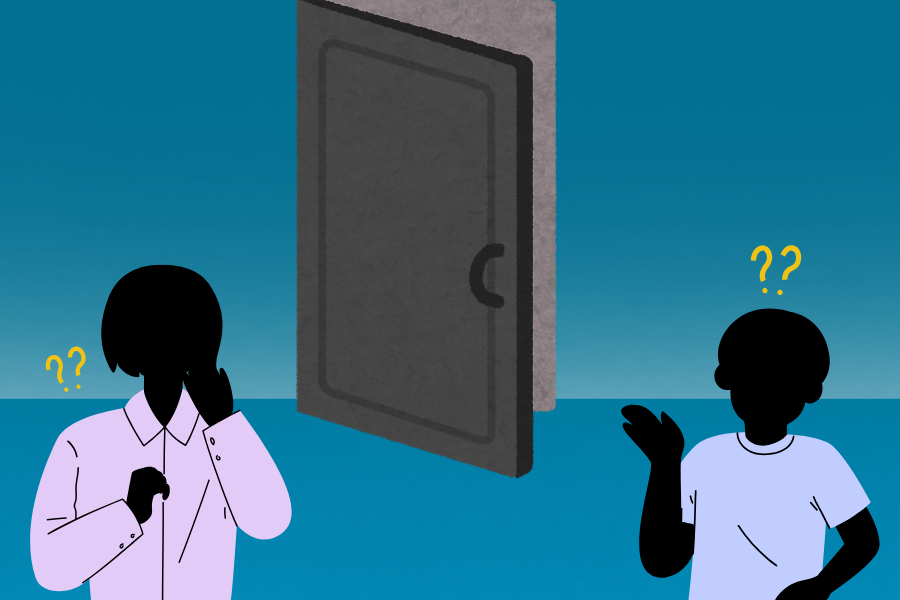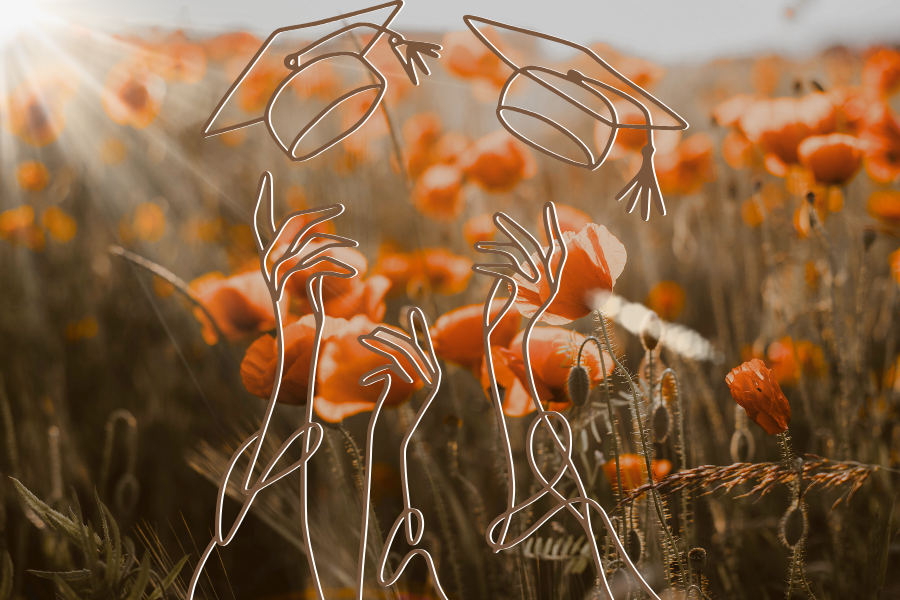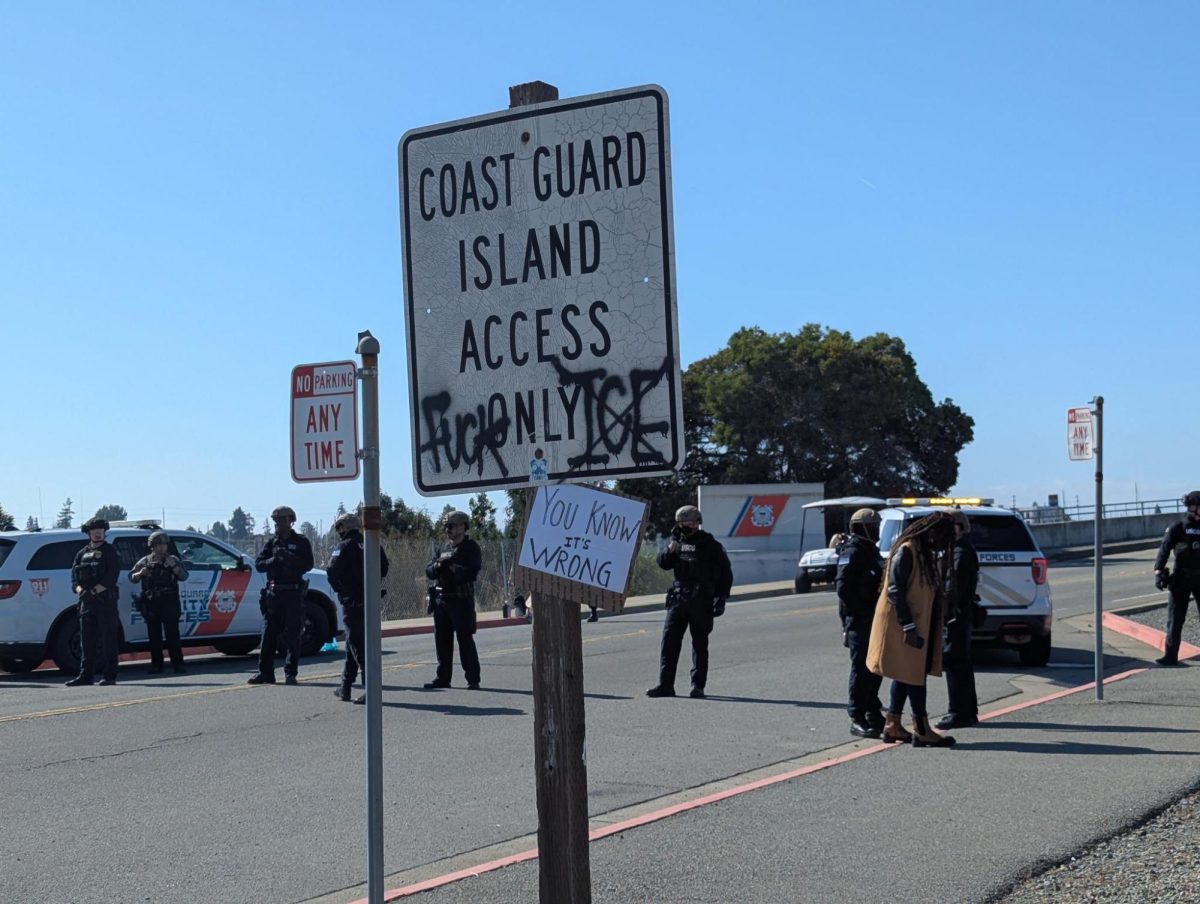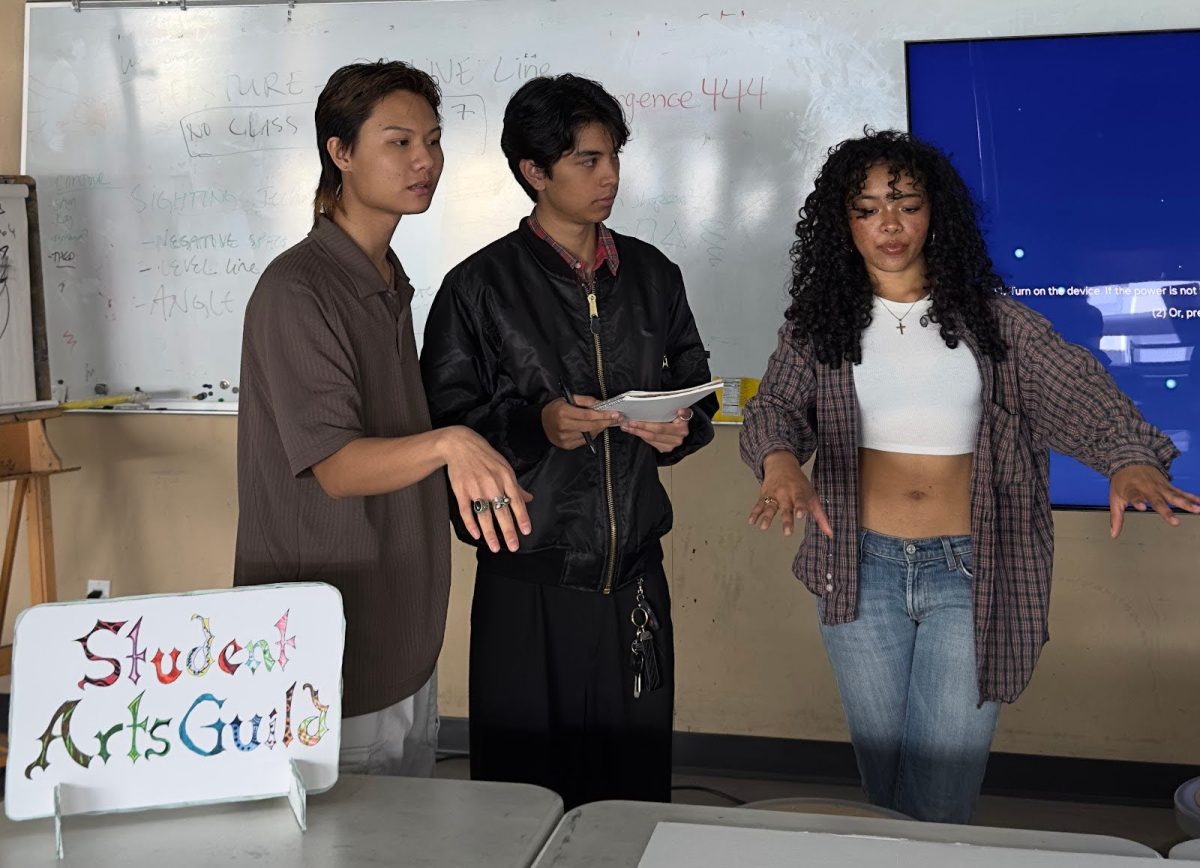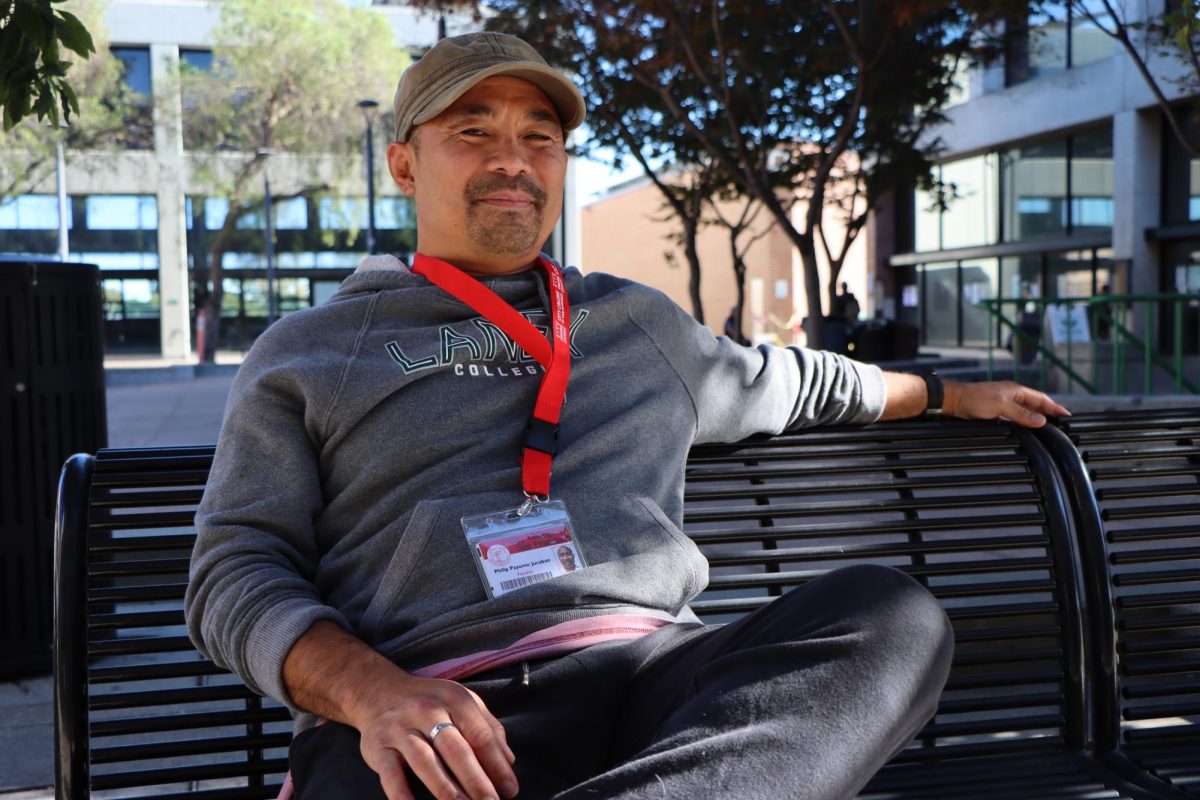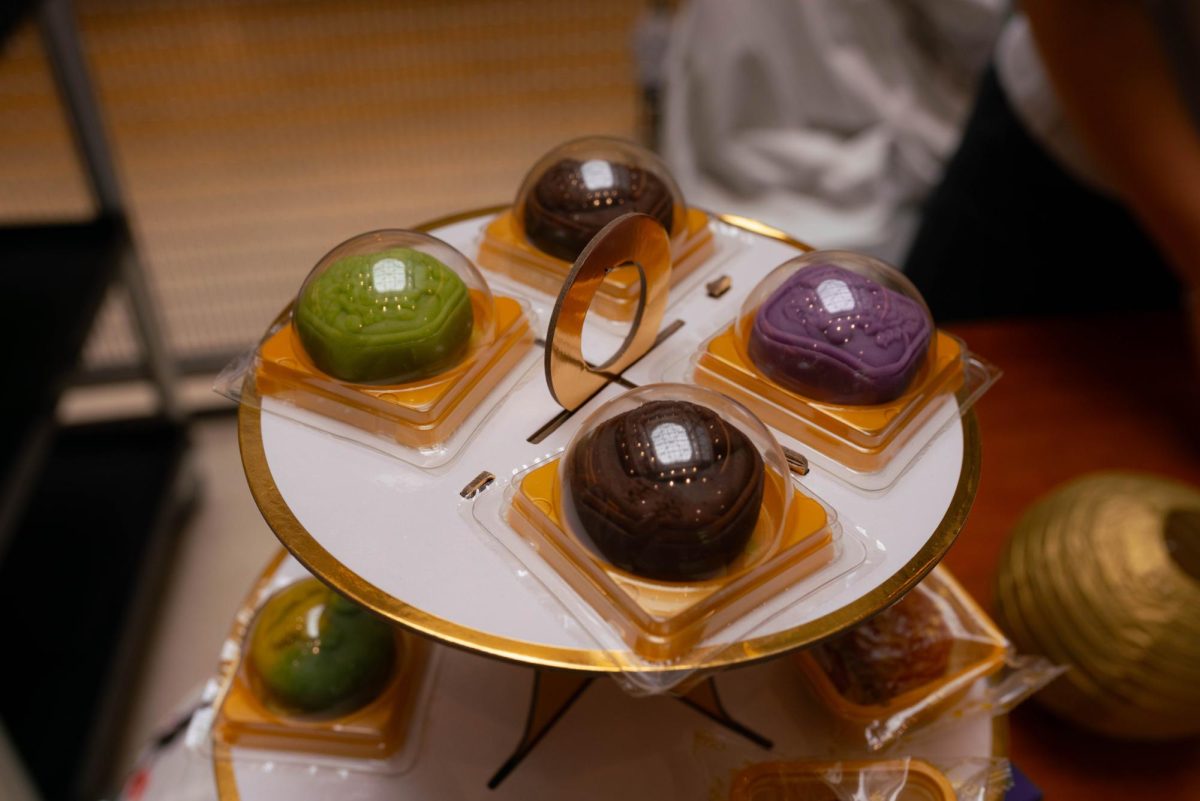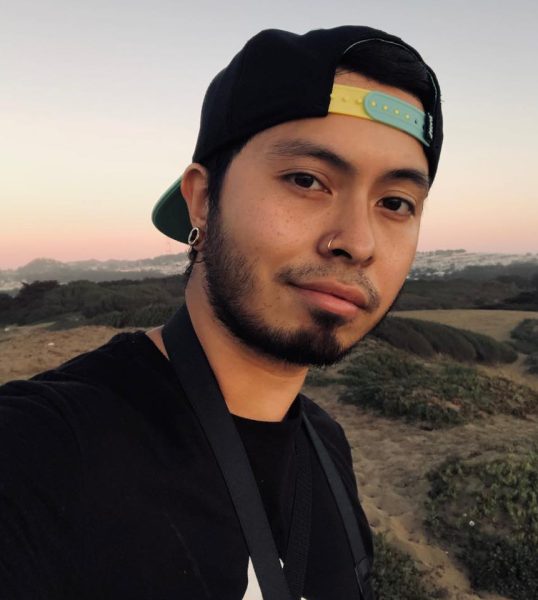For the past three years, Laney College counselor Philip Jucaban has greeted students into his office with a warm smile and a listening ear. When he sits down with a student, he doesn’t just see an academic plan or a list of requirements; he sees a story and a community behind them.
As a first-generation Filipino American, Jucaban draws from both cultures to guide his students.
“Some of the values that a lot of Filipinos have that I actually see in myself are, we are kind, hospitable, and family-oriented, but we’re also adaptable,” he said. “We can blend into any environment. That’s something that helps me connect with people from all backgrounds.”
“Those values manifest in what I do as a counselor,” he said. “I feel like I’m able to understand and make people from all different races and ethnicities feel comfortable.”
A heritage rooted in two cultures
Jucaban was raised by Filipino parents in Daly City, one of the largest Filipino communities in the U.S.
After the 1965 Immigration and Nationality Act lifted federal restrictions on migrants coming to the U.S. from the Philippines, many Filipino working professionals – like teachers, nurses and military personnel – migrated and settled in Daly City for its affordable housing.
According to a 2018 demographic survey, about one-third of Daly City’s residents identify as Filipino.
“In elementary school, I thought the whole country was Filipino because everywhere I looked, we were all Filipino,” Jucaban said, laughing.
He sees his work as an expression of bayanihan, a Filipino cultural value reflecting selfless community support.
“The classic example of bayanihan is a whole village moving one family’s house on stilts to another place,” Jucaban said.
Nowadays, the term symbolizes people coming together to help one another in times of need without expecting anything in return.
“I’m just one counselor, but I like to bring a village together for each student,” Jucaban said.
Building understanding between students and families
Jucaban said that the tension between personal goals and family expectations can be difficult for many Filipino American students to navigate.
“A lot of parents want their kids to be nurses,” he said. “But I meet students who want to major in creative writing or art.”
To support them, Jucaban said he gives his students “tools to talk with their families.”
Jucaban said he helps Filipino American students open conversations with their parents by asking them about their own childhood dreams or what they might have done differently when they were younger – particularly when their career choice or major causes disagreement.
“I’ll give them methods where they could talk about it so it kind of gets their family a better understanding of the student, without the student directly saying ‘this is what I’m gonna do,'” Jucaban said.
“Just knowing someone who looks like you can be in this role can be powerful,” Jucaban said. “It tells students, ‘I can be a counselor, a politician, or an artist.’”
Broadening cultural awareness at Peralta
When asked what the Peralta Community College District can do to better support Filipino students and other underrepresented communities, Jucaban called for efforts to educate and engage the community through “more ethnic studies classes” and “workshops on Philippine history in the Bay Area.”
He said he hopes to see “people in the community putting on more events that really get into the heart of a culture, not just putting on the face of a culture.”
Jucaban noted that Filipino American History Month, observed annually in Oct., offers an opportunity for reflection.
“At first, I didn’t understand the difference between heritage and history,” he said. “But heritage is what you choose to celebrate. History is everything: the good and the painful. We have to look at it with a critical lens.”
Passing on the spirit of bayanihan
Jucaban hopes that his presence and guidance will encourage more Filipino American students to pursue careers in counseling, education and leadership.
“Check in with your people,” he said. “Talk to others in the field. You might not think you have what it takes, but if you connect with your community, you can learn what you need to do almost anything.”
His own career began thanks to another Filipino mentor, who saw his potential and suggested counseling as a path. That single conversation, he said, changed his life.
“One person in our community encouraged me, and that’s why I’m here,” Jucaban said. “Sometimes that’s all it takes, one person believing in you.
“I don’t measure success by how many students transfer or graduate,” he said. “It’s about the student who finally talks to their mom or dad about their major. That’s the kind of impact I like to see.”
For Jucaban, that’s bayanihan in action: a community lifting one another, one student at a time.

